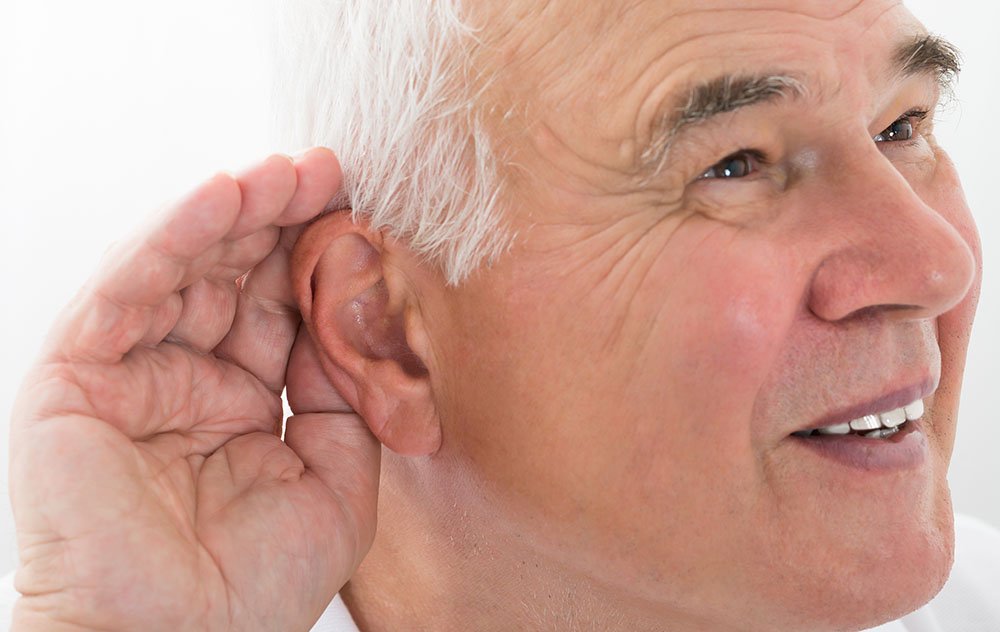
Better Hearing
Is Possible…
With Adirondack Audiology
Serving New York & Vermont For Over 35 Years
Take a quick hearing health
screening and start your journey to better hearing
Check Your Hearing
All your senses (not only sight) are important in enjoying year-round outdoor activities
Missing the sounds of nature?
Where to Find Us?
Plattsburgh, New York
Saranac Lake, New York
Potsdam, New York
Shelburne, Vermont
We’re Adirondack Audiology Associates.
For more than 30 years, Adirondack Audiology Associates has been dedicated to enhancing the quality of life for our patients in Shelburne, Plattsburgh, Saranac Lake, Potsdam, and nearby regions of Vermont and New York. Our audiologists are known for employing the finest digital hearing technology and services accessible to all of our patients.
Do You Know The Real Impact Of Hearing Loss?
20% of Americans suffer from tinnitus, 90% of those people also have hearing loss.
At age 65, 1 out of every 3 people has a hearing loss.
People with even mild hearing loss are twice as likely to develop dementia
Hearing Loss Can Happen At Any Age.
We offer various treatments for hearing loss along with hearing aid and audiological services to enhance your overall auditory health.

Compassionate & Quality Care That’s Guaranteed To Help You Hear Better.
Our goal is to implement an efficient and effective testing procedure that assesses and identifies each patient’s hearing requirements and the best treatment options to address those needs.
We have three office locations in New York and one in Vermont.
Our audiology clinics offer top-notch hearing services, hearing loss solutions, and hearing aid products in the hearing healthcare sector. We have recently relocated our Potsdam office and opened a new site in Shelburne, VT!
Adirondack Audiology
Associates
144 Broadway
Suite 1
Saranac Lake, NY 12983
Adirondack Audiology
Associates
11 Hammond Lane
Suite C
Plattsburgh, NY 12901
Adirondack Audiology
Associates
10 Marsett Rd.
Suite 3
Shelburne, VT 05482
Adirondack Audiology
Associates
6791 US Highway 11
Potsdam, NY 13676
Trending Blogs
Are You Ready To Hear Better?
Concerned that you, or someone you love, may be struggling with hearing loss? Contact us to learn how we can help!
















